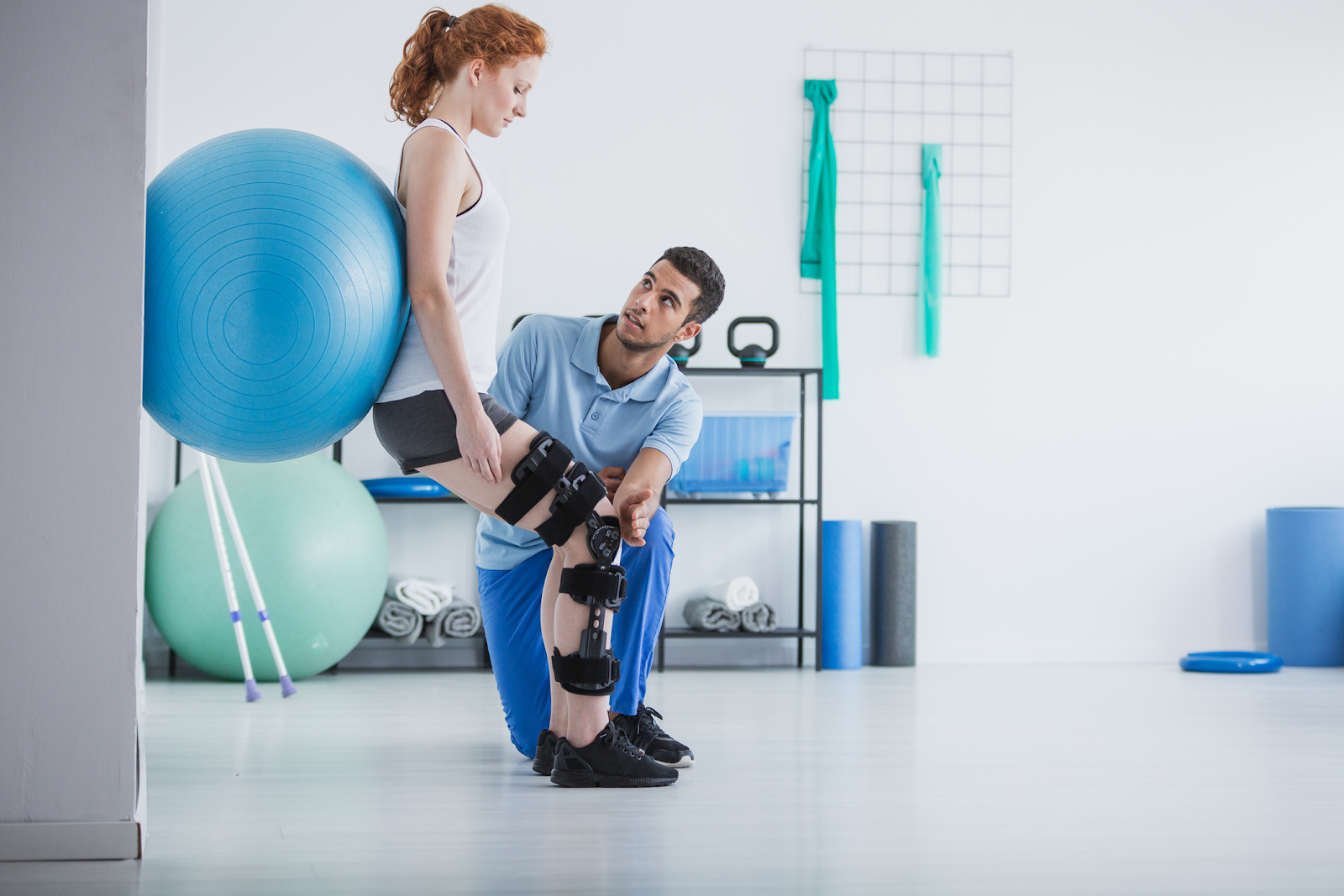Everything You Need to Know About Chronic Pain
Persistent or chronic discomfort can hugely impact every aspect of life. Chronic pain is typically defined as persistent pain lasting longer than 3 months. Chronic pain consumes some of your mental and physical energy, making individuals unable to fully participate in work or social settings and struggle to keep their bodies' strength and mobility or to complete everyday activities. One of the most important aspects of reducing your chronic discomfort is self-management. By working with health professionals, you can assist in determining your most effective self-management methods and devise strategies to increase your functionality and reduce flare-ups.
What Is Chronic Pain Self-Management?
Chronic pain happens after any damage has been resolved. It can be due to postural load, systemic inflammation, stress sustained and increased, or other general issues. The pain can occur throughout the body or in specific areas of the body. Because of this constant discomfort, the chances of pain-free mobility decrease, and everyday life can get more stressful due to regular flare-ups.
It is crucial to regain control over your chronic pain and identify any contributing factors that are unique to you. The more details you have about the aggravating or easing factors, as well as your baseline functional level and any other factors that protect you (i.e. social support and highly appreciated activities), the more straightforward it will be to create a gradual self-management program.
Are Self Management Strategies Effective in Chronic Pain?
A higher level of self-efficacy has been observed to help people suffering from chronic pain. Self-efficacy refers to the individual's confidence in their ability to function even when suffering. Strategies for chronic pain self-management aim to give people the confidence to talk about their situation, implement behavioral and cognitive strategies to cope with and manage pain, and aid individuals in navigating their work, social, and health-related interactions.
Chronic Pain Self-Management Strategies:
Education
Understanding the causes of chronic pain and the lack of connection with tissue damage is essential to managing your discomfort. Understanding it is true that "hurt does not always equal harm" is an important factor in helping you regain your autonomy and functioning. It is known that a lack of sleep may cause pain, an increase in inflammation in the system, stress, insufficient medical or social assistance, etc.
Activity Pacing
When determining your base for activities, it is essential to think about all the activities you engage in during your day. It is not only 'exercise' (e.g., a gentle stroll or a low-impact exercise class) as well as all other activities that involve tasks (including grocery shopping and cooking) and cleaning) or social interactions. These contribute to the total burden on the body over a day. It is crucial to think about the pacing of your activity for each day and the entire month to keep from overdoing it or increasing excessively too fast. "
Low Impact Exercise
The goal of including exercise in your fitness program is to enhance your endurance and physical strength. The idea is to incorporate the two disciplines of strength and cardio. For cardio, options include cycling (either recumbent or stationary bike) and moderate walking, modified swimming and water walks. The options for strengthening could include modified workouts in gym pilates, pilates, or aqua aerobics. It is essential to consult with a professional in health to figure out what is best for you at every stage.
Benefits of Self-Management of Chronic Pain
The most crucial aspect of easing chronic pain is feeling as if you're in control. Due to the complexity of chronic pain, sufferers are often left feeling as if they can't do anything to make it better. This feeling of insecurity adds to the problems caused by chronic pain. Finding a healthcare professional who can assist you with chronic pain and how it affects your body is essential to establishing chronic pain self-management. Changes in your habits (such as your pace of activity) and your mental state (e.g. thinking you can get better) regarding your chronic pain may improve self-efficacy, increase the quality of life, and enhance participation and understanding of the experience.




Comments
Post a Comment